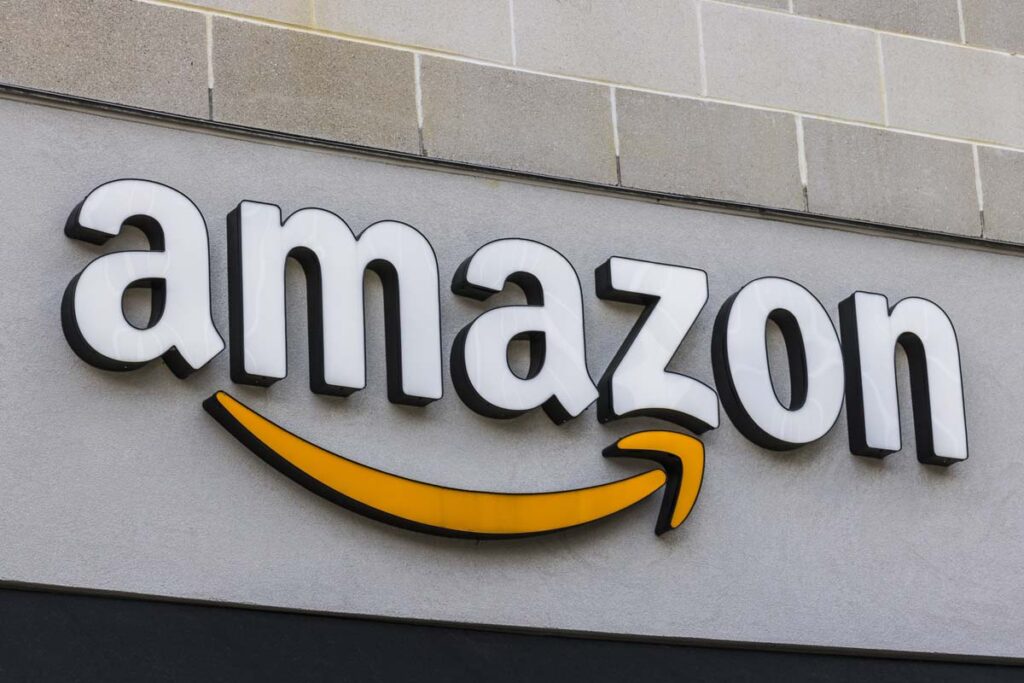
Amazon class action lawsuits overview:
- Who: Amazon recently faced proposed class action lawsuits, announced an update to its Amazon Ring policies and received a bench trial date.
- Why: The class action lawsuits involve claims regarding “Buy Box” algorithms, charges for ad-free videos and work from home pay during the COVID-19 pandemic.
- Where: The complaints involving Amazon are in U.S. federal courts.
Amazon faces proposed class action lawsuits, announced an update to its Amazon Ring policies and received a trial date regarding monopolization claims.
Class action claims Amazon uses biased algorithm when picking featured items
A pair of consumers filed a class action lawsuit against Amazon.com last month, claiming the company uses a biased algorithm when picking items to show in the “Buy Box” on Amazon Marketplace.
The consumers argue Amazon uses an algorithm biased in favor of Amazon first-party retailers and third-party sellers who take part in the company’s logistics service, Fulfillment by Amazon (FBA).
“Since at least 2016, Amazon’s Buy Box algorithm has been rigged in favor of offers for which Amazon fulfills and delivers the product, either because Amazon itself is the seller or the seller is a third party that participates in FBA,” the class action states.
Consumers elect to purchase the Buy Box item 98% of the time, according to the Amazon class action, which argues Amazon uses the algorithm to boost its profit margins and keep prices high for consumers.
Amazon began charging Prime members for ad-free videos, class action claims
A consumer filed a class action lawsuit against Amazon in February, claiming the company began charging its Amazon Prime customers $2.99 for ad-free videos, despite the annual plan previously being ad-free for years.
The class action lawsuit argues Amazon offered ad-free videos as part of its Amazon Prime subscription for more than a decade and the alleged switch-up confused subscribers.
“This is not fair, because these subscribers already paid for the ad-free version; these subscribers should not have to pay an additional $2.99/month for something that they already paid for,” the class action states.
Amazon underpaid employees who worked from home during pandemic, class action alleges
A former Amazon employee filed a class action lawsuit against the company in January, alleging it underpaid employees who worked from home after Amazon closed its Seattle offices during the COVID-19 pandemic.
The class action lawsuit argues Amazon should have paid employees an extra $50 a month to account for extra expenses, including telephone and internet costs, they incurred due to having to work from home Dec. 2020-Feb. 2022.
“Plaintiff worked remotely from his home address in Seattle, Washington, and incurred necessary business expenses in direct consequence of the discharge of his duties for defendant for which he was not reimbursed,” the class action states.
Amazon Ring suspends tool giving public safety agencies access to doorbell footage
In January, Amazon Ring announced it suspended a tool that allowed public safety agencies to request and receive doorbell footage through the company’s Neighbors app.
Ring’s decision to suspend the function, known as the Request for Assistance Tool (RFA), came in the wake of concerns lobbied by privacy watchdog.
In a blog post, Ring says agencies will still be able to use the Neighbors app to post safety tips, updates and community events. Law enforcement agencies will also still be able to access Ring footage with a search warrant, according to AP News.
Trial date set for Amazon monopolization claims
A Washington federal judge set a bench trial date of October 2026 in a lawsuit alleging Amazon monopolized the market for online retail sales by allegedly using a covert algorithm to manipulate other online retailers into increasing their prices.
The Federal Trade Commission (FTC) and 17 state attorneys general brought the claims.
The judge directed Amazon and the FTC to complete fact discovery by Aug. 2025 and gave them until the end of last month to file a motion to bifurcate the trial.
Amazon argues the FTC and state attorneys general target policies that exist so it can promptly match the prices of its competitors.
Do you believe you have been injured by Amazon? Let us know in the comments.
Don’t Miss Out!
Check out our list of Class Action Lawsuits and Class Action Settlements you may qualify to join!
Read About More Class Action Lawsuits & Class Action Settlements:
- Western Union class action claims company holds customers’ money to earn interest, make investments
- Airlines file, hit with lawsuits over mergers, loyalty accounts, more
- Family Dollar class action claims OTC products illegal, unsafe, defective
- Cheerios class action alleges products contain dangerous pesticide levels






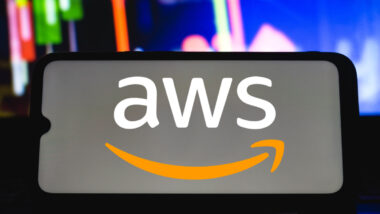
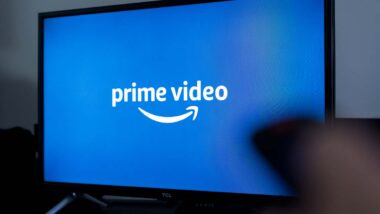


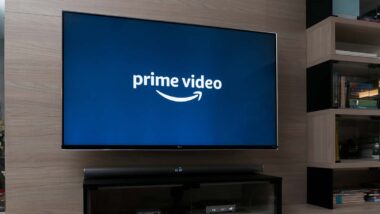

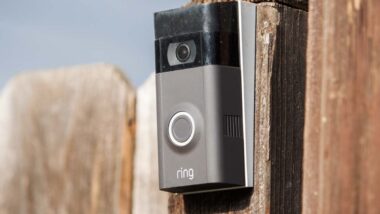


220 thoughts onAmazon hit with class actions, gets trial date, updates Ring policies
I’ve been dealing with this from Amazon for a very long time! All of the above!
Please add me!
Thank you
Please add me
Please add me
Add me please
Add me please
Amazon.com is taking away people’s livelihoods and ruining people’s lives based on absurd false accusations. Someone needs to reign in this arrogant sadistic monster corporation that has no regard for the law, ethics, or even basic humanity and morals.
They will suddenly decide that you’re selling illegal substances and/or synthetic cannibinoids and/or their precursors. They don’t think they have to prove this (and they can’t prove it, since they aren’t in any way a drug or a precursor), their motto seems to be “guilty until proven innocent – and even if you prove yourself innocent, you’re still guilty”. When they decide a product is a drug, they unceremoniously kick you to the curb with absolutely zero warning. You can appeal their decision, but no matter how compelling your evidence, they’re still going to deactivate your account. This punishment is all based on complete guesswork on their part with absolutely zero basis in fact. (Their methods are all “proprietary”, meaning they don’t want people to know that they’re guessing at every point in the process.)
When they deactivate your account, they also keep any money they owe to you for several months, often thousands of dollars – that in and of itself should be extremely illegal. You can never close the account and get your personal information removed, which I believe actually is illegal.
Just to point out how absurd Amazon is behaving, we had two identical products they claimed were drugs. So we sent them links to the product from several importers and the wiki about the product. One of the appeals was accepted and one was denied! Obviously they don’t actually have any methodology, they just make guesses. Their guesses ruin people’s lives and they don’t even follow any pattern on their side, except that they’re wrong 99.9% of the time.
Some of the products they’ve deemed as drugs are ludicrous – Amazon is pretty much the laughing stock of the incense world. Those products include frankincense, myrrh, sandalwood, copal, benzoin, and amber. I’m sure you’ve heard of frankincense and myrrh, they were two of the gifts of the magi to baby Jesus. I guess they were trying to get him high! Blends of frankincense, myrrh, and sandalwood are known as the Three Kings, after the three wise men’s gifts, with sandalwood instead of gold. These blends are a staple of many Christian denominations, regularly used in services and ceremonies, by millions of people. They are also used by millions daily in every other major religion. I guess Amazon thinks the church is trying to get all their parishioners high too! Copal is a resin that’s been used for scenting for thousands of years, with roots in Mayan tradition. Amber is a resin that’s been formulated in India for at least 3,000 years, and is a very popular solid perfume world wide. All of these are widely imported and distributed by dozens of companies, all of which sell hundreds of products – and none of them are selling drugs.
It also makes no sense that they would think these any of these were drugs.
1) They all sell for under $10.00 – you can’t manufacture and sell drugs for that price, that alone should prove they’re not what Amazon claims.
2) In our case, we sold hundreds of other products that obviously weren’t drugs. Why would we risk our livelihood by suddenly putting drugs into the product mix? It makes no sense.
3) They need to stop with the wild guesses and use just a little common sense, it’s more than ludicrous that they think frankincense and myrrh are drugs. Just rudimentary research into any of these would confirm they are not drugs and have been around for thousands of years and in use by millions of people.
So what do I think should be the remedy?
1) Amazon must prove their claims beyond a reasonable doubt. For example, they need to blind buy the product and submit it for testing. If it turns out to be a drug, then charge the seller for the test and then take away their livelihood, but wait to ruin people’s lives until they have actual proof.
1a) Use some common sense when identifying drugs to test. Drugs don’t sell for under $25.00 and a diversified seller is very unlikely to be selling them.
2) Amazon must reinstate anyone accused of selling drugs in the last five years. If they think that the business is turning around and selling drugs, then test it and act accordingly.
3) Immediately reimburse all sellers who were falsely accused for double their lost revenue. This includes anyone who was later reinstated, they will be reimbursed for double their lost revenue for the time Amazon took to do their review(s).
3) Immediately repay all funds, with interest, which were impounded from these sellers. Really it should be double the amount as punitive damages.
4) In addition, pay $500,000 for lost revenue and punitive damages to every seller they’ve accused of selling drugs without testing to actually see if the product was a drug. In our case that amounts to $100,000 a year for five years, which is actually less than the revenue we’re losing.
Here are just a few of the companies that Amazon has decided are guilty of manufacturing and/or distributing illegal drugs. They have banned products from all of these companies and rejected appeals citing them as proof that we weren’t selling drugs. Of course, none of these people actually have anything to do with drugs, just like we don’t. All of these legitimate companies that Amazon says are selling drugs should be reimbursed for ten times their probable lost revenue.
Redacted
Yes! Please add me
Please add me to the Amazon lawsuit.